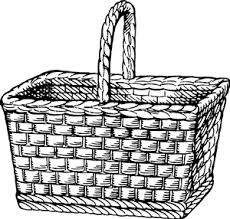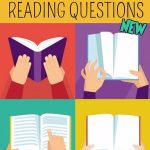To Think or not to Think… by Isabelle Dumont.
While teaching the technical skills of reading and writing are important, it is also important that we include thinking skills in our lessons. Included in the NALA definition of literacy is the recognition that ‘…more than the technical skills of communication: it also has personal social and economic dimensions. Literacy increases the opportunity for individuals and communities to reflect on their situation, explore new possibilities and initiate change.’ Thinking critically is not just a ‘nice’ skill to have in the 21st century; it is essential. Thinking critically may be seen as a ‘soft’ skill but more than ever – particularly in the age of ‘fake news’, it is necessary that learners are able to reflect on their learning and essentially think about their own thinking.
Thinking critically is a skill that can be learned through practice and use. Learners need to read between the lines and develop problem solving techniques if they are to become proficient readers. Effective readers learn to think about what they are reading and ask questions as they go along.
Effective reading skill development is further accomplished when the learner becomes proficient in literal, inferential and critical comprehensive reading.
Below are examples of three questioning techniques that encourages learners to think about their own thinking.
Literal Question Prompts
Literal comprehension involves what the author is actually saying.
Example: After reading the first section of Stuart Little, the teacher says: “What are Stuart’s parents’ names? Their names are Mr. and Mrs. Little.”
Inferential Question Prompts
Inferential comprehension deals with what the author means by what is said. The reader must simply read between the lines and make inferences about things not directly stated.
Example: After reading the first two chapters of Stuart Little, the teacher asks: “How did Stuart’s size help his family? His size is helpful because he is able to do lots of things only a mouse could do.”
Evaluative Question Prompts
Evaluative comprehension concerns itself with why the author says what he or she says. The reader will react emotionally and intellectually with the material.
“Stuart likes to be the first one up in the morning. Do you like to be the first one up in the morning in your house?”
o
Sources:
http:/Stuart Little by E. B. White 1973
/reading.uoregon.edu/big_ideas/comp/comp_dr_1.php
https://owlcation.com/academia/Literal-Inferential-and-Critical-Comprehensive-Reading
Answers to Puzzles
Puzzle 1:
The letter ‘e’.
Puzzle 2:
Yesterday, today and tomorrow
Puzzle 3:
No, it is not legal to get married if you are dead.




